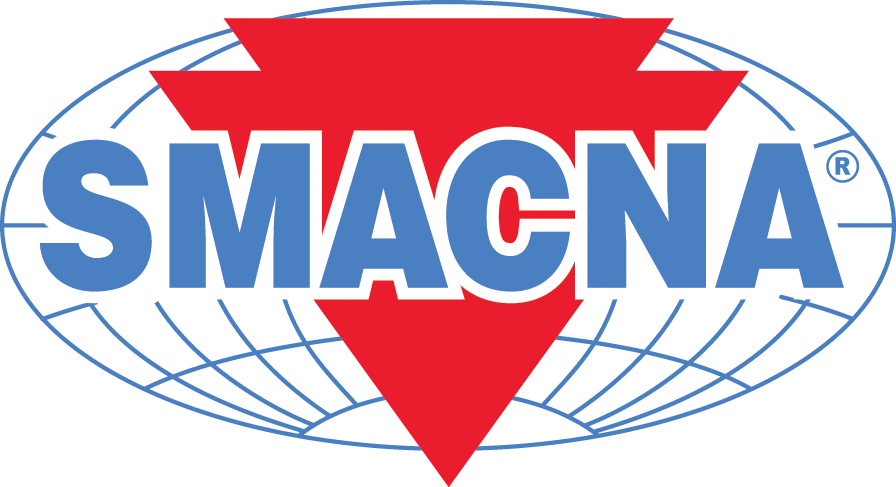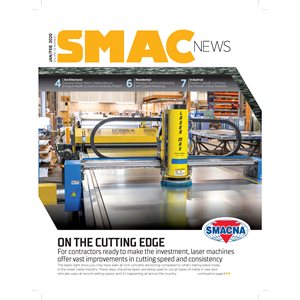The 2020 Focus on Pensions
While the 2018 Joint Select Committee on Solvency of Multiemployer Pension Plans could not overcome political divisions to solve the pension crisis, it did launch the 2019 effort for a bipartisan solution and comprehensive reform.

While the 2018 Joint Select Committee on Solvency of Multiemployer Pension Plans could not overcome political divisions to solve the pension crisis, it did launch the 2019 effort for a bipartisan solution and comprehensive reform. Members of Congress recognize the political cost of letting the PBGC implode and leaving retirees without promised benefits or even the PBGC guarantee. So, Congress will act sooner or later. In fact, the end-of-year spending bill in 2019 included a fix for the Mineworker’s pension plan, which saw its last significant employer file for bankruptcy, forcing their plan into insolvency earlier than expected.
A fix is still needed for other failing plans and for the PBGC, and the issue has the attention of both parties and the Administration. The issue will test the political will of Democrats and Republicans and stakeholders as negotiations continue.
For failing plans, House Democrats want the Butch Lewis Act, which would provide direct federal money to failing plans in the form of a loan some believe will never be repaid.
The Republican Multiemployer Pension Recapitalization Plan would provide federal money to shore up the PBGC in a way that would mitigate the impact of plan failure on affected retirees, but would not be a total rescue and would include Composite Plans—but it comes with strings attached.
The Republican proposal as drafted contains structural changes and fees so onerous, it seems unlikely any stakeholders would support them, and no one contemplates they will be enacted as proposed. SMACNA remains focused on two tracks: Authorizing Composite Plans and ensuring changes to the system aren’t so costly they drive employers out of the system.
SMACNA spearheaded the construction industry employer response to the Republican proposal. The letter, which was signed by eight construction industry associations, outlines our concerns. The letter can be viewed at https://smac.news/grassley-alexander. SMACNA members and chapters can view the Republican proposal at https://www.finance.senate.gov/.
SMACNA and other stakeholders continue to share with Congressional offices how proposals affect plans, contributing employers, and participants. While stakeholders don’t agree on everything, all agree structural changes should not further destabilize plans that aren’t going insolvent.
?Status=Master&sfvrsn=73df661a_0&download=true)
SMACNA endorsed H.R. 5544, “Stop Unfair Bid Shopping Act” of 2019 (SUBS Act), introduced by Rep. Scott Peters (D-CA-52)
Both sides of the aisle have said there is a potential legislative vehicle in the Senate in May. Politics demands a solution, and we are working with both political parties in hopes of a bipartisan breakthrough that both sides will see as a political win by May.
The SUBS Act will bring greater fairness, quality, and credibility to the federal government construction market bid process. SMACNA has long-supported this important change to the federal construction bidding process. If enacted, the SUBS Act provides confidence that post-award subcontractor changes and cost-savings accrue to the federal government and not exclusively to the prime contractor. For specialty contractors who invest considerable resources to develop drawings and proposals for their bids, post-award bid shopping and unwarranted contractor substitutions create significant financial harm, while the federal government loses the value in both craftsmanship and material.
Published: February 28, 2020
IN THIS ISSUE
General Sheet Metal Collaborates on Oregon Health & Science University Project
Oregon’s General Sheet Metal (GSM) was the design build contractor of choice when Oregon Health & Science University built the Gary and Christine Rood Family Pavilion.
Merging Traditional Branding with Digital Marketing
Yellow is much more than a color for Gabrilson Indoor Climate Solutions, a SMACNA firm based in Iowa. It is the foundation of the company’s brand.
Mobilizing for the Future: Shop Technology
Many contractors are turning to offsite construction to improve productivity and ensure that workers can build in the best possible environments while maximizing safety and project efficacy.
On the Cutting Edge
Laser cutting equipment is steadily making its way into the sheet metal shops of SMACNA members—especially those whose businesses extend beyond HVAC ductwork into other types of specialty fabrication.
Partlan-Labadie Continues to Provide Critical Solutions
Fiat Chrysler Automobiles is building two new paint shops in Michigan, and SMACNA contractor Partlan-Labadie Sheet Metal Company of Oak Park, Mich., is a crucial part of that growth.
Preparation Is Half the Work
Brandt promotes early coordination efforts during the preconstruction phase to lead to successful projects. With early involvement, this is where Brandt’s BIM (Building Information Modeling) team shines.
President's Column: Technology Is Driving Change, We Must Embrace It
Technology is driving change in our industry faster than ever before, and quite frankly, faster than many of us are prepared for.
SMACNA Kicks Off “Ignite Your Career” Workforce Development Campaign
If you were to ask a contractor in most any segment of the construction industry what their greatest business challenge is, you’d be hard pressed to find one who doesn’t mention attracting and retaining good employees near the top of their list.
SMACNA National and SMACNA Brazil Meet
SMACNA National met with representatives of SMACNA Brazil during the 2020 AHR Expo.
The 2020 Focus on Pensions
While the 2018 Joint Select Committee on Solvency of Multiemployer Pension Plans could not overcome political divisions to solve the pension crisis, it did launch the 2019 effort for a bipartisan solution and comprehensive reform.
The Importance of Identifying Risks and Developing a Strategy
We recently looked at the tendency for senior leaders to stay involved in the details of their organization long after they’ve grown to the point of hiring others. In this issue, we’ll share an analogy and a few takeaways.
Welcome New SMACNA Members


